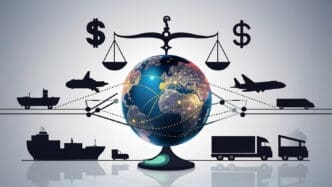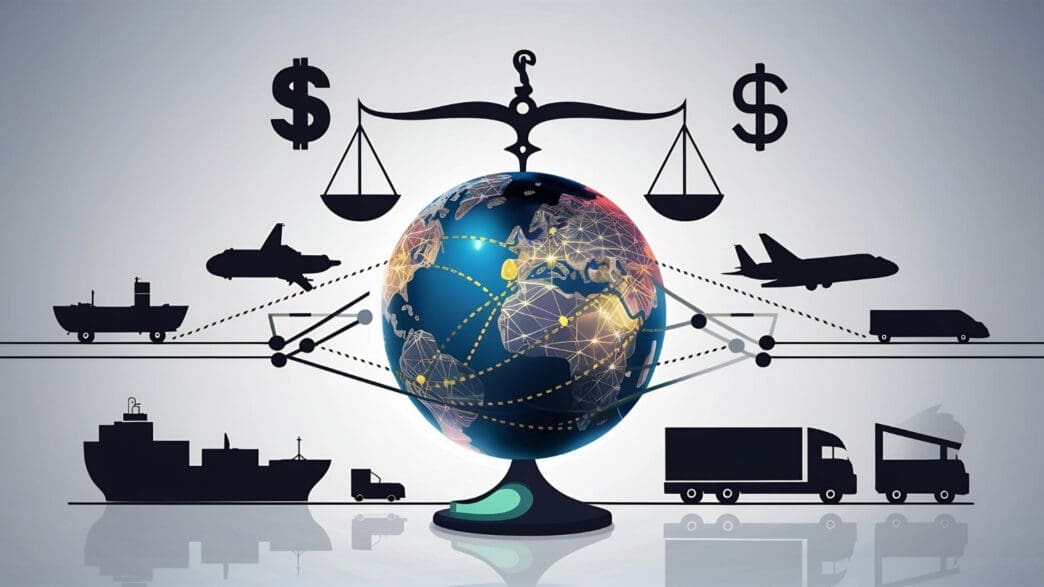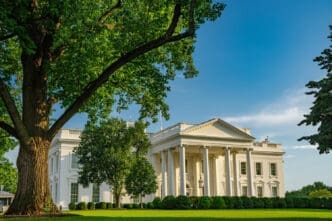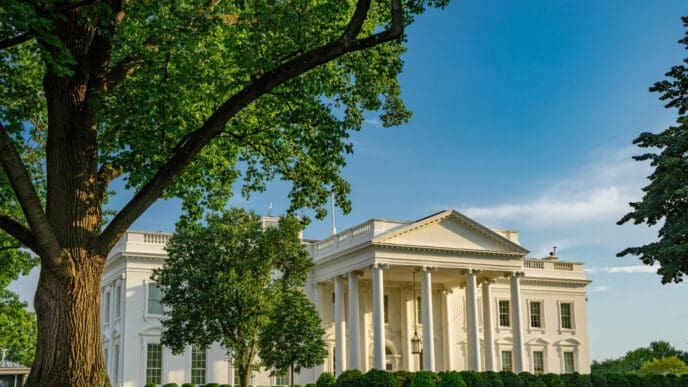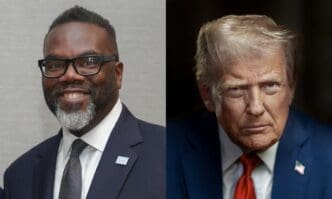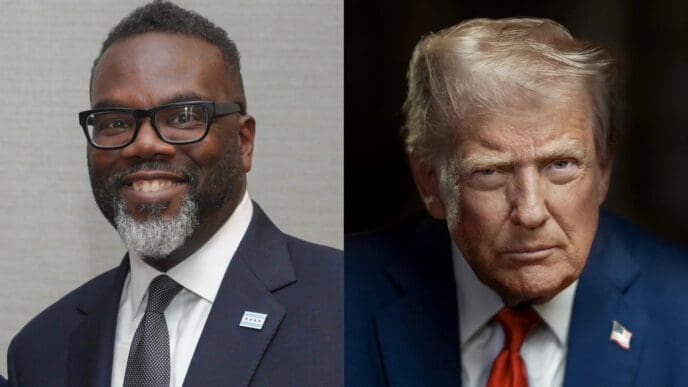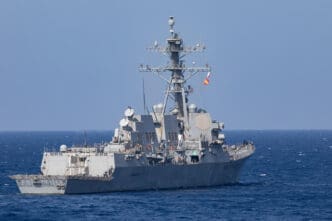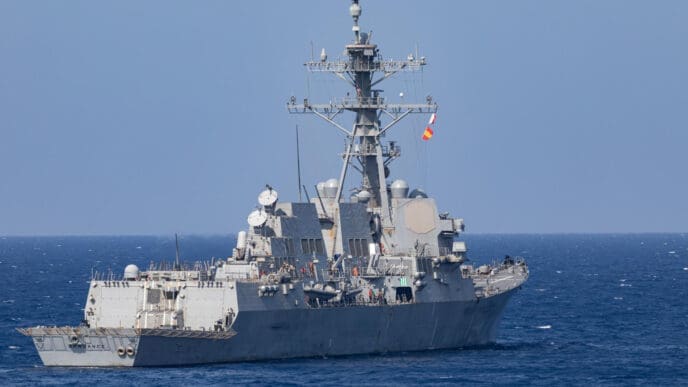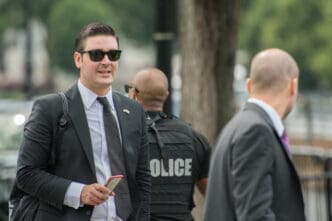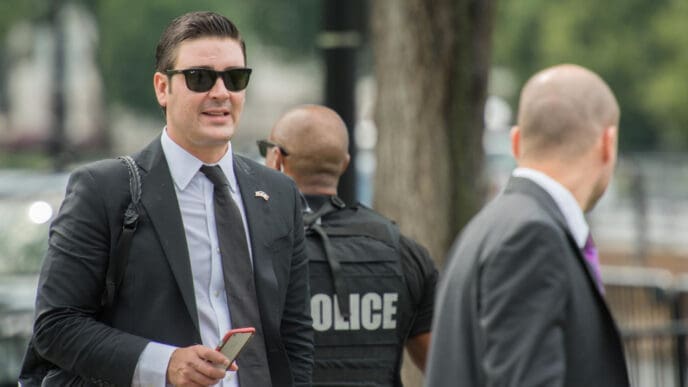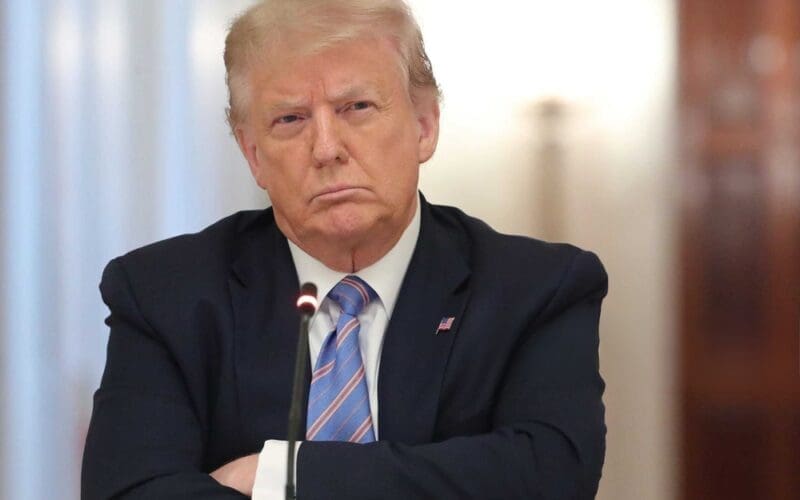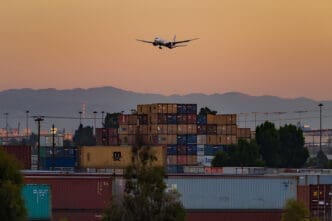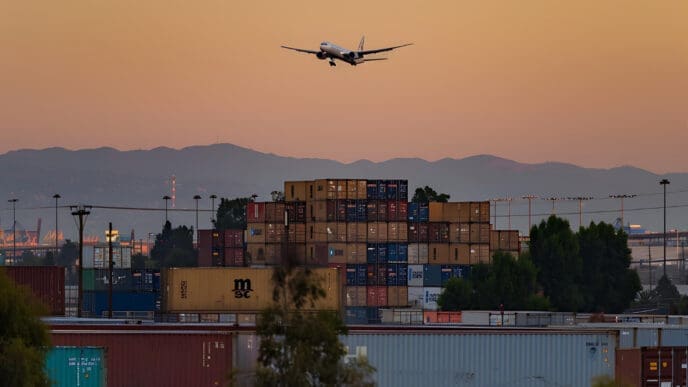Executive Summary
The Story So Far
Why This Matters
Who Thinks What?
A federal appeals court has ruled that most of President Donald Trump’s tariffs were imposed unlawfully, upholding an earlier decision by the Court of International Trade. This decision complicates President Trump’s ambition to significantly alter U.S. trade policy, with Nobel Prize-winning economist Paul Krugman describing the situation as a “self-inflicted disaster” for the economy.
The ruling, issued on Friday, found that President Trump’s method of unilaterally setting tariff rates without congressional approval violated the law. Specifically, the court determined that his use of the 1977 International Emergency Economic Powers Act (IEEPA) to declare an “economic emergency” for this purpose was unlawful.
While the court’s decision does not outlaw tariffs themselves, it challenges the executive authority President Trump utilized. He possesses other legal avenues, such as provisions within the 1974 Trade Act, but these authorities are more limited in scope and restrict the speed and severity with which a president can implement trade actions.
President Trump’s tariff policy, often implemented with little predictability, has caused volatility in global markets, strained relationships with U.S. allies and trading partners, and raised concerns about potential increases in consumer prices and slower economic growth. Conversely, Trump has presented these levies as a core component of his trade strategy, asserting they have pressured nations like the European Union and Japan into favorable trade agreements and generated billions for the U.S. Treasury, offsetting tax cuts.
Economist Paul Krugman, who received the Nobel Prize in Economic Sciences in 2008, argued in a blog post that President Trump undermined his own legal justification for emergency tariffs. Krugman pointed out the inconsistency of declaring an “economic emergency” while simultaneously insisting on a strong economy. The U.S. economy saw a slight contraction in the first quarter of 2025, with GDP falling at an annual rate of 0.3 percent to 0.5 percent, according to McKinsey & Company and the Bureau of Economic Analysis, following 2.4 percent growth at the end of 2024. However, GDP rebounded to an annual rate of 3.3 percent between April and June.
Should the tariffs ultimately be overturned, the government could face significant financial repercussions. This scenario might require the refunding of import taxes already collected, potentially leading to a substantial impact on federal revenue. By July, tariff revenue had reached $142 billion, more than double the amount from the previous year. The Justice Department has argued in court filings that eliminating these levies could result in “financial ruin” for the United States.
President Trump has indicated his intention to appeal the ruling to the Supreme Court, signaling a continued legal battle over the executive branch’s authority in trade policy.
